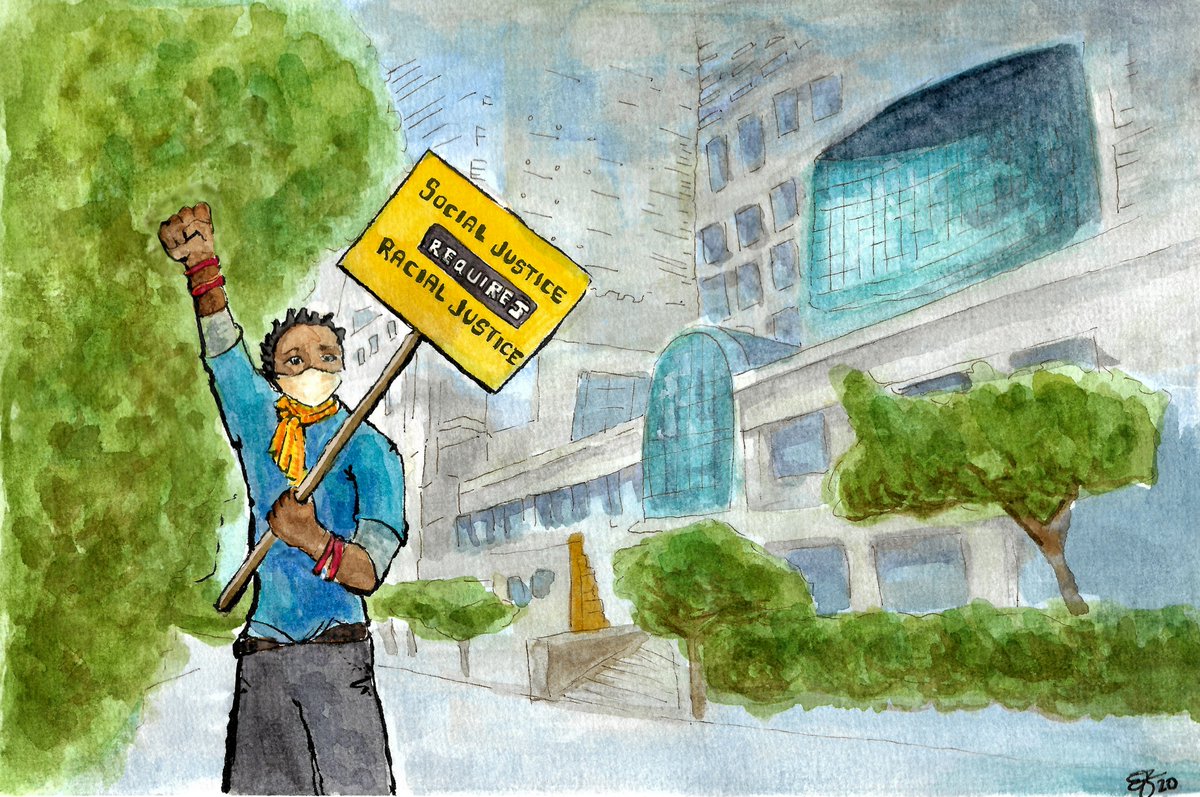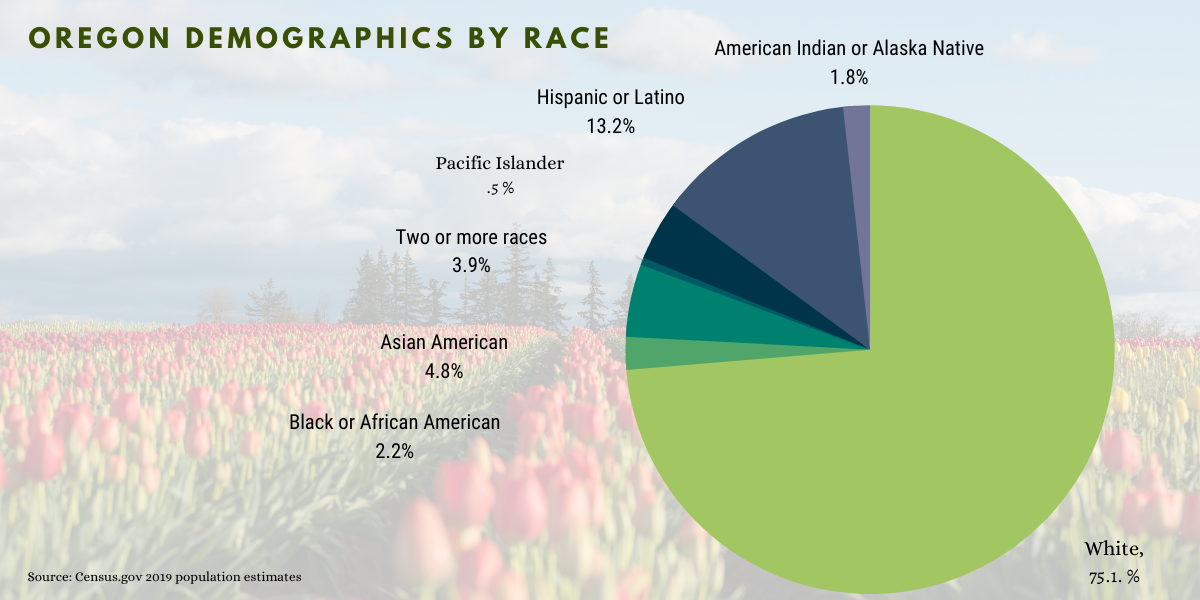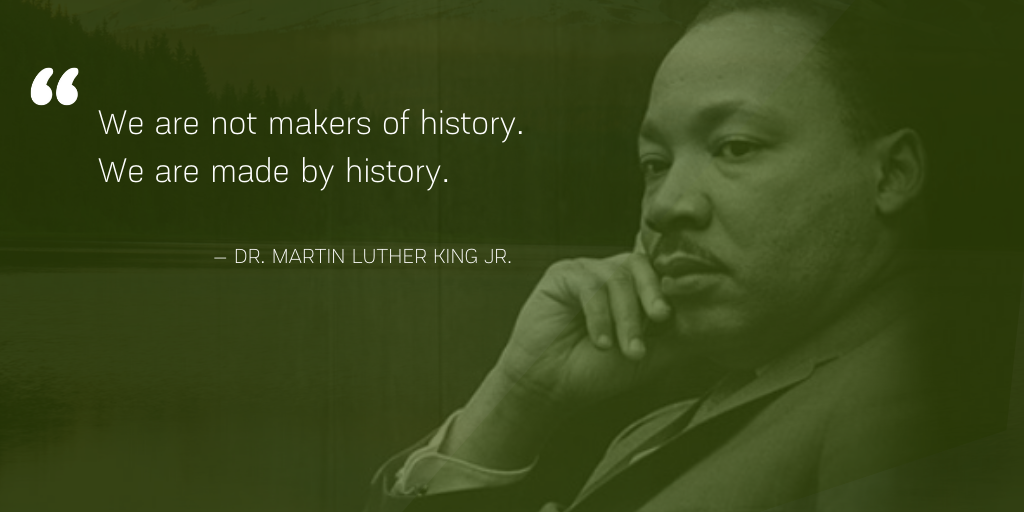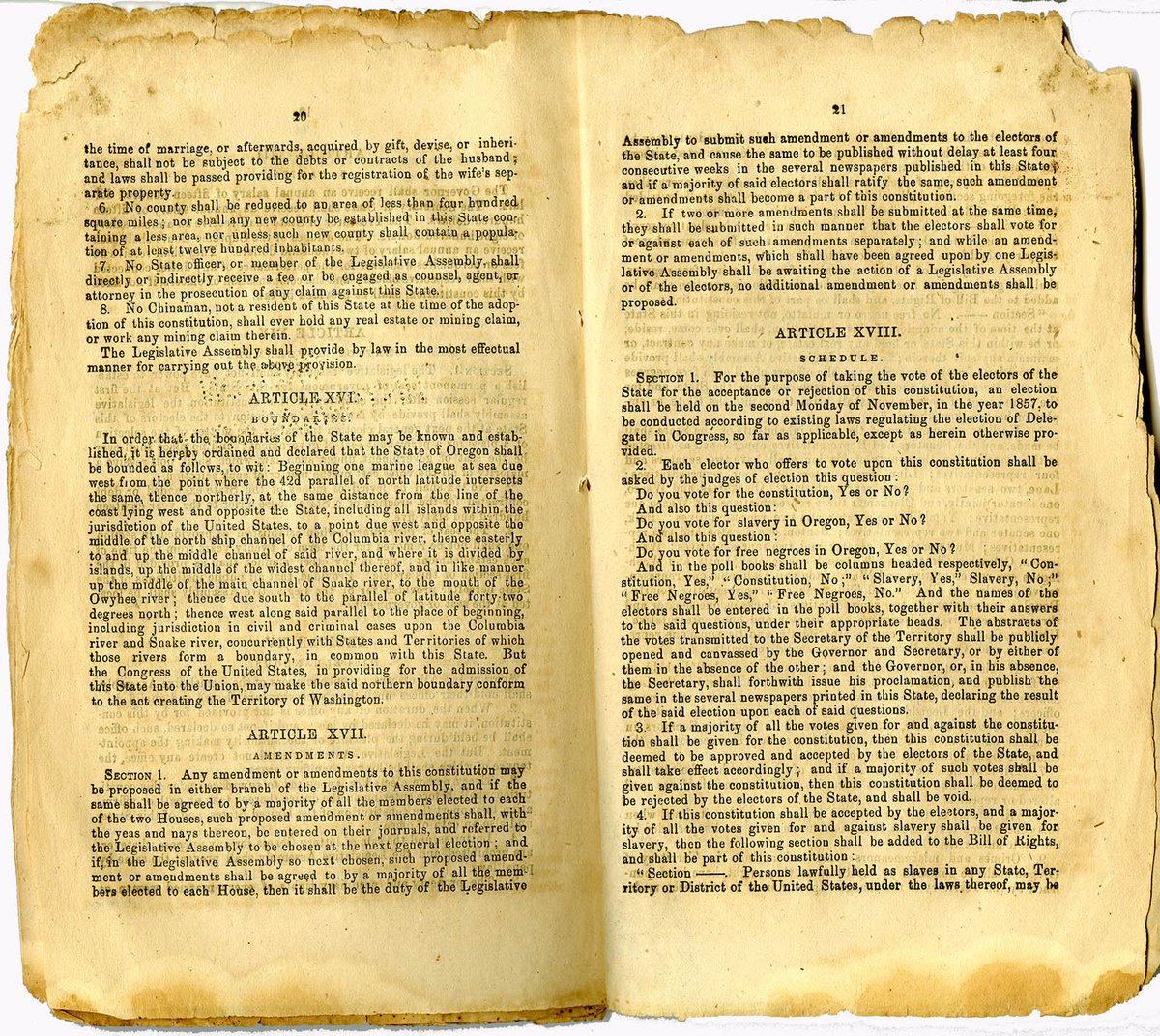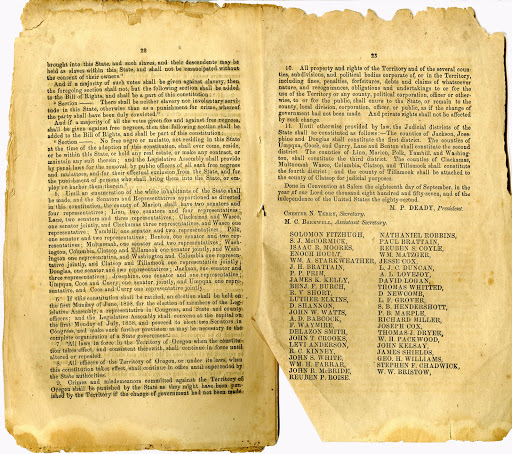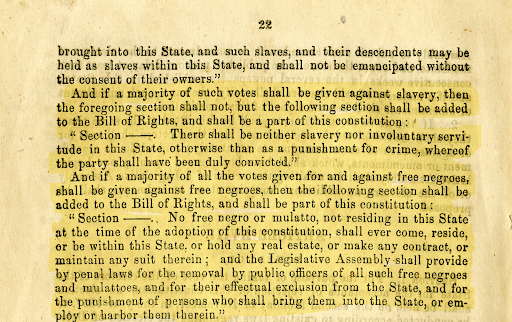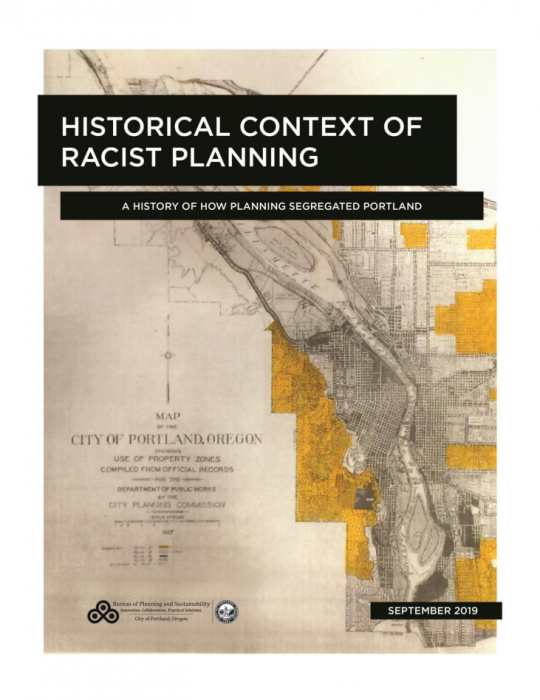Today, Meyer Memorial Trust announced Justice Oregon for Black Lives, a five-year, $25 million investment in Black leadership, Black-serving organizations and systems-level change, the largest initiative the foundation has ever made. https://mmt.org/news/justice-oregon-black-lives-five-year-25-million-commitment">https://mmt.org/news/just...
We have awarded $1 million in initial grants to support the current and crucial work of @BlackUnitedFdOR @KairosPDX, @paalf_advocacy, @SelfEnhancement and @ULPDX. Meyer Director of Programs & Strategy @kaberibanerjee details this and more in a new blog. https://mmt.org/news/change-is-possible-now-justice-oregon-for-black-lives">https://mmt.org/news/chan...
Our trustees are steadfast that this long-term effort, co-created with Black communities to advance racial justice and equity in Oregon, will seed systems-level change by centering Black Oregonians—with the potential to improve the lives of all Oregonians. https://mmt.org/news/heeding-cries-justice-oregon-for-black-lives">https://mmt.org/news/heed...
Our trustees are calling on their peers on boards across philanthropy, business and industry to pull the levers of power within their reach to support this movement, as the @opensociety announced Monday. https://www.nytimes.com/2020/07/13/us/politics/george-soros-racial-justice-organizations.html">https://www.nytimes.com/2020/07/1...
Meyer invested another $290,000 to organizations mobilizing in the Metro region to increase public safety, support decarceration and decriminalization, abolish the prison-industrial complex, track hate and redefine public safety beyond policing.
We know that some people might wonder … why is Meyer centering Blackness in a state that is only 2.2% Black? https://www.census.gov/quickfacts/OR ">https://www.census.gov/quickfact...
Even before Oregon was founded on stolen Native land as a white utopia that excluded Black people and prevented them from owning property.
The provisional government of Oregon required that free and enslaved Black people be whipped twice a year “until he or she shall quit the territory.” http://theskanner.com/news/northwest/2997-a-timeline-of-black-history-in-the-pacific-northwest-2008-02-28">https://theskanner.com/news/nort...
When the state was accepted into the union in 1859, the exclusion was codified in Oregon’s Constitution.
Over the next 150 years, Oregon held true to its founding ideals: Oregon became home to the largest KKK organization west of the Mississippi River, with over 30,000 sworn members in 50 separate chapters across the state. https://digitalcommons.chapman.edu/cgi/viewcontent.cgi?article=1126&context=vocesnovae">https://digitalcommons.chapman.edu/cgi/viewc...
The first African American homesteader in Central Oregon was named John A. Brown. Until 2013, the spot with an enormous yellow rose bush was called Negro Brown Canyon—an improvement from the slur that graced maps for more than 100 years.
Read/watch this @orhumanities package by @donnyshell to learn more. https://www.oregonhumanities.org/this-land/stories/an-oregon-canyon-feature/">https://www.oregonhumanities.org/this-land...
There is one documented lynching in Oregon history, of Alonzo Tucker, a boxer and gym owner in Coos Bay who was killed by a mob in front of a crowd of 300 people.
Activists asked the town to put up a large, eye-level historical marker, like ones being placed elsewhere around the country; the city has given permission for a plaque, near to the ground. https://www.opb.org/news/article/coos-bay-oregon-lynching-alonzo-tucker/">https://www.opb.org/news/arti...
Oregon has a history of racial discrimination in housing, redlining and urban renewal policies that have adversely impacted communities of color. Black people once restricted to close-in areas have now largely, systematically, been pushed out. https://www.portland.gov/bps/history-racist-planning-portland">https://www.portland.gov/bps/histo...
When a group of Black women tried to build a YWCA in NOPO in 1921, a group of White Portlanders filed an official protest. The Oregonian published that the group “not only objected to the [proposed] gymnasium building but to the construction of any building by negroes.”
Citing the 13th and 14th Amendments, Portland City Attorney Frank S. Grant filed an opinion with the City Council stating that the city had no authority to deny a permit on the basis of the applicants’ race.
The building, now the Billy Webb Elks Lodge, was named last week to the National Register of Historic Places. https://www.flashalertnewswire.net/images/news/2020-07/1303/135907/OR_Multnomah_County_Williams_Avenue_YWCA_0005.jpg">https://www.flashalertnewswire.net/images/ne...
The 15th Amd, outlawing voting discrimination based on race, failed to pass in Oregon & California. Language explicitly banning Black suffrage was not removed from our constitution until 1927; the 15th Amd isn’t ratified in OR until 1959. For more, follow writer @WalidahImarisha.
Oregon was known as the “Skinhead capital of the country” in 1988, when neo-Nazi Skinheads surrounded and bludgeoned to death Mulugeta Seraw, a 28-year-old Ethiopian immigrant a few months after Skinheads stomped an Asian man nearly to death. https://www.oregonlive.com/portland/2014/11/1998_story_legacy_of_a_hate_cr.html">https://www.oregonlive.com/portland/...
Race-based violence still continues in Oregon. Sometimes there is justice: https://www.kgw.com/article/news/crime/portland-oregon-max-train-killer-jeremy-christian-sentencing-tuesday/283-9fffb409-dadf-46c9-a5e5-302db6146dda">https://www.kgw.com/article/n...
But the threads of anti-Blackness codified in Oregon’s original constitution remain woven into the fabric of our present society.
It was only 20 years ago that Oregonians voted to remove that language barring Black people in 2000.
Recent research by @Portland_State shows a link between historically racist housing policies and threats from excessive heat. https://www.mdpi.com/2225-1154/8/1/12/htm">https://www.mdpi.com/2225-1154...
This @oregonian story by @sfkale shows that decades of intentional investment in parks, green spaces, trees and transportation in wealthier and whiter neighborhoods make them cooler than in Black neighborhoods. https://www.oregonlive.com/environment/2020/01/historically-racist-housing-policies-exacerbating-climate-change-effects-in-low-income-portland-neighborhoods.html">https://www.oregonlive.com/environme...
#JusticeOregonforBlackLives represents Meyer Memorial Trust’s commitment to invest in long-overdue structural changes, support Black community and lift up the resilience of Black Oregonians in a time of trauma and possibility.
@UnrollHelper @threadreaderapp can you plz help unroll?

 Read on Twitter
Read on Twitter